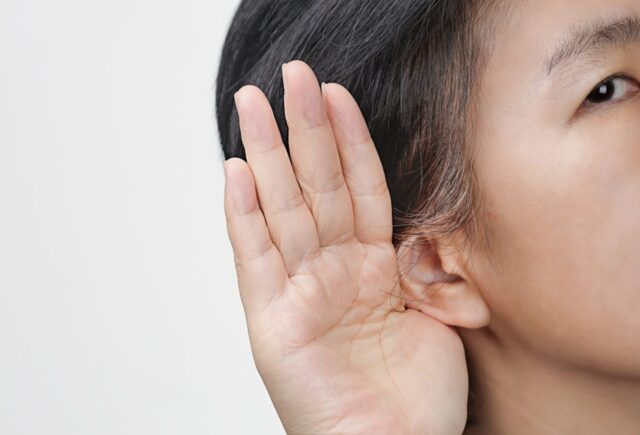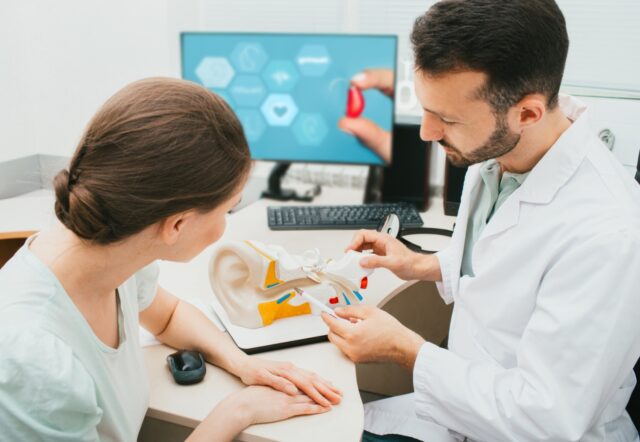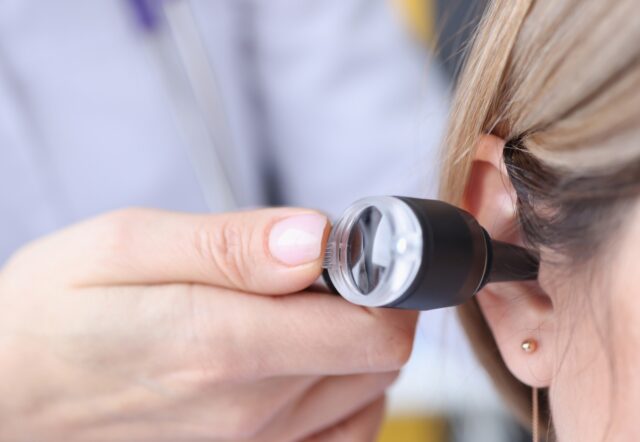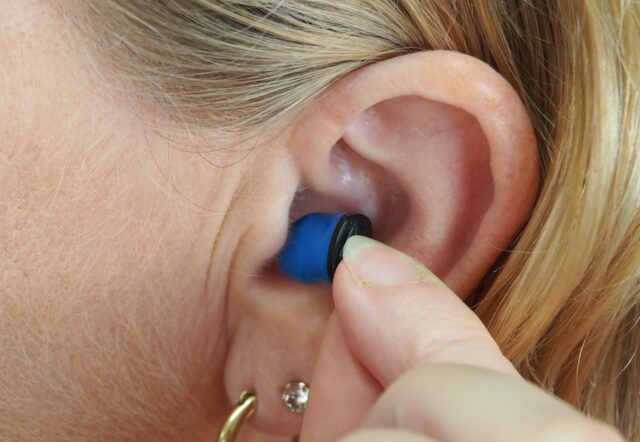
Hearing loss refers to a reduction in the ability to hear sounds, while tinnitus is the perception of sound without an external source. Both conditions can profoundly affect a person’s daily life, including communication difficulties, emotional distress, and social isolation.
The impact of hearing loss or tinnitus on quality of life is multifaceted and can vary greatly from person to person. Hearing loss or tinnitus may cause communication difficulties for some individuals, making it harder to hear and understand speech in social and professional settings. For others, tinnitus can be a constant source of annoyance and emotional distress, leading to anxiety, depression, and other mental health issues.
Given the significant impact of hearing loss or tinnitus on quality of life, it is important to understand the nature and extent of these conditions and their effects. This understanding can help individuals seek the support they need and improve their quality of life, despite their hearing loss or tinnitus.

Manifestation In Different Age Groups
Hearing loss and tinnitus can occur at any age, but the causes and frequency of these conditions vary depending on age.
In young children, hearing loss is typically caused by genetic factors, such as genetic conditions or complications during pregnancy or birth. In fact, according to Ryan Carlson, his research has figured out key genes that cause hearing loss in kids, and the field has advanced to such an extent that more than half of pediatric patients can identify the key genes.
Illnesses or infections, such as meningitis or exposure to loud noises, can cause hearing loss in young children.
In teenagers and young adults, hearing loss can be caused by exposure to loud noises, such as music concerts or sports events. Additionally, certain medications and lifestyle choices, such as smoking or drug use, can increase the risk of hearing loss in this age group.
For middle-aged and older adults, hearing loss is often age-related and can be caused by exposure to noise over a lifetime and the natural aging process. This type of hearing loss is referred to as presbycusis. Chronic exposure to loud noise and certain medical conditions, such as diabetes, can also increase the risk of hearing loss in this age group.
Tinnitus can occur at any age and can have a variety of causes, including exposure to loud noises, ear infections, head injuries, and certain medications. Tinnitus can sometimes be a symptom of an underlying condition, such as high blood pressure or Meniere’s disease.

Communication Difficulties With Hearing Loss Or Tinnitus
Communication difficulties are a common issue for individuals with hearing loss or tinnitus. Hearing loss can make it difficult for individuals to hear and understand speech, particularly in noisy environments or when multiple people speak simultaneously.
This can lead to frustration and embarrassment and result in social isolation and difficulty participating in activities that require good hearing, such as work, school, or social events.
For individuals with tinnitus, the perception of sound can be a constant distraction and make it difficult to concentrate and hear speech. Tinnitus can sometimes be so loud that it completely masks speech, making it impossible to hear or understand what others are saying. In recent research, more than 58% of participants admitted that tinnitus negatively affected their relationships.
Both hearing loss and tinnitus can also impact an individual’s communication ability, leading to difficulties at work or in personal relationships. It can significantly impact an individual’s confidence and self-esteem and lead to further social isolation and emotional distress.
Given the importance of effective communication in daily life, the communication difficulties associated with hearing loss or tinnitus can profoundly impact an individual’s quality of life. It is important for individuals with these conditions to seek the support they need, including hearing aids, cochlear implants, and speech therapy, to help improve their communication skills.

Hearing Loss As A Side Effect
Hearing loss is a commonly overlooked side effect of many medications and medical conditions. It can be especially concerning when the underlying condition or medication is unrelated to hearing, and the hearing loss occurs as an unexpected and unintended side effect.
One example is the recent discovery of hearing loss as a side effect of Tepezza, a drug used to treat Thyroid Eye Disease. According to reports, patients who have used Tepezza have experienced hearing loss, tinnitus, and other hearing-related issues.
It has led to a growing number of Tepezza hearing loss lawsuits, with over 10 participants seeking compensation for their life-long damage. If you or a loved one has been affected by Tepezza and has proper documentation, you may be eligible to join this lawsuit and fight for justice and compensation.
It is important to note that hearing loss can significantly impact the quality of life, and those affected may experience emotional distress and communication difficulties. In some cases, the hearing loss may be permanent, making it all the more important to hold responsible parties accountable.

Conclusion
Individuals with hearing loss or tinnitus need to seek prompt treatment, including hearing aids or other assistive devices, as well as support from healthcare providers and loved ones.
In addition, public awareness and understanding of the impact of these conditions on quality of life must be increased to reduce the stigma associated with hearing loss and tinnitus and promote access to resources. Support individuals need to manage these conditions to improve their quality of life.














